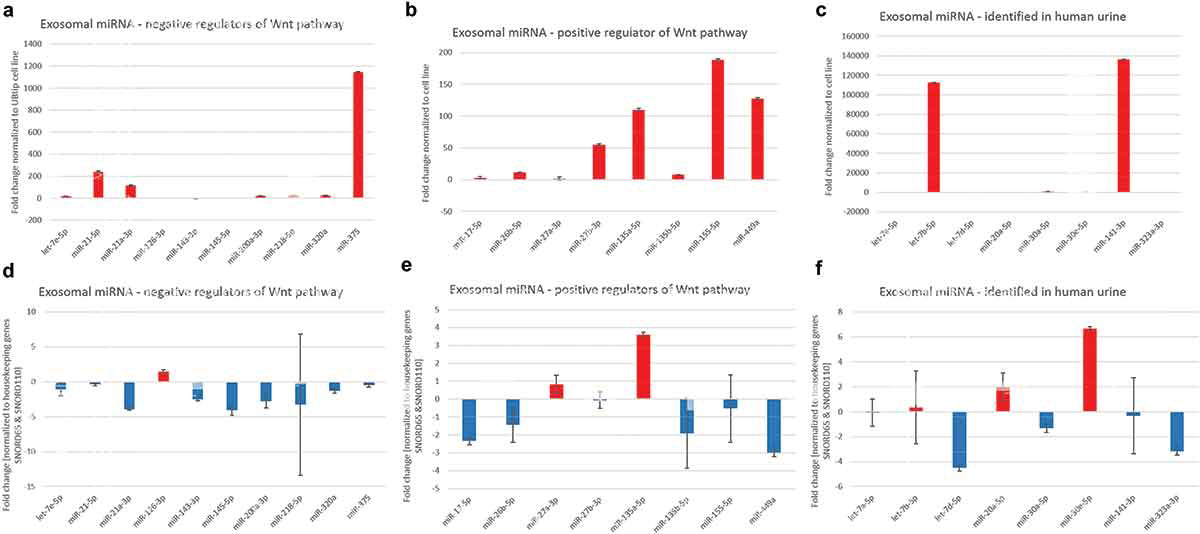Kidney Tissue Exosome Research and Application
Exosomes serve as critical mediators of intercellular communication, particularly within tissue-specific microenvironments. Compared to exosomes derived from blood or culture media, tissue-derived exosomes more accurately reflect localized pathological states. The kidney, as a central organ for metabolism, detoxification, and endocrine regulation, generates exosomes enriched with proteins, RNAs, and lipids that participate in renal development, injury repair, inflammation modulation, and disease progression.
With the advancement of high-throughput mass spectrometry, single-cell technologies, and multi-omics integration, Kidney Tissue Exosome Research and Application has emerged as a rapidly expanding frontier in precision medicine. Leveraging a robust platform for exosome isolation and characterization, MtoZ Biolabs offers comprehensive Kidney Tissue Exosome Research and Application services to facilitate biomarker discovery and mechanistic investigation.
Services at MtoZ Biolabs
In the field of Kidney Tissue Exosome Research and Application, MtoZ Biolabs provides a one-stop solution from sample processing to functional validation, enabling efficient project advancement:
1. High-Purity Exosome Isolation
We apply a variety of methods—such as tissue section enzymatic digestion, collagenase perfusion, in situ ultrasonication, and short-term tissue culture—to isolate exosomes from renal parenchyma, renal tubules, and kidney tumors, preserving maximal exosome activity.
2. Component and Marker Analysis
Through proteomics, miRNA sequencing, lipidomics, and metabolomics, we identify functional molecules and support differential expression analysis and clinical stratification validation.
3. Functional Mechanism Investigation
We support co-culture experiments, cellular uptake studies, inflammatory factor profiling, and fibroblast activation assays to verify the roles of key exosomal components in inflammation, fibrosis, and tumor progression.
4. Clinical Relevance Assessment
By linking exosomal cargo to urine or blood biomarkers and correlating with disease stage, we help evaluate the diagnostic potential of kidney tissue-derived exosomes.
Service Advantages
Relying on a mature exosome platform and deep tissue-specific expertise, MtoZ Biolabs offers the following advantages in Kidney Tissue Exosome Research and Application:
1. Wide Range of Tissue Support
Capable of handling glomeruli, renal tubules, interstitial regions, and renal tumors, covering a broad range of disease-related research.
2. Standardized Isolation Protocols
Using ultracentrifugation, dialysis concentration, and size exclusion chromatography, we isolate high-purity kidney exosomes suitable for various downstream applications.
3. Multi-Omics Integration
Equipped with high-resolution Orbitrap mass spectrometry and high-throughput sequencing platforms to support integrated analysis of proteome, transcriptome, and non-coding RNAs.
4. Experienced Research Support
Our team assists in experimental design and provides expert advice on multi-tissue sample handling and workflow optimization.
5. One-Time-Charge
Our pricing is transparent, no hidden fees or additional costs.
Applications
Kidney Tissue Exosome Research and Application services can be broadly applied in both basic and translational research, including:
· Mechanistic studies of chronic kidney disease (CKD): Elucidating cell-to-cell communication networks in glomerular injury induced by hypertension or diabetes.
· Biomarker discovery for renal fibrosis: Identifying key exosomal components involved in tubular epithelial-to-mesenchymal transition (EMT).
· Monitoring of renal transplant rejection: Tracking immune cell–tissue exosome signaling dynamics during rejection episodes.
· Drug delivery system development: Utilizing tissue-derived exosomes for organ-targeted drug delivery as natural nanocarriers.
· Urinary exosome source tracing: Matching kidney-derived exosome profiles with urinary exosome data to develop non-invasive diagnostic approaches.
Case Study
Case 1: Role of Kidney Tissue Exosomes in Embryonic Nephrogenesis
This study revealed that exosomes secreted by embryonic ureteric bud (UB) cells act as nanoscale signal carriers, delivering regulatory molecules to metanephric mesenchyme (MM) precursor cells during renal development. qPCR and proteomics confirmed that these exosomes carry miRNAs and proteins associated with Wnt signaling, extracellular matrix remodeling, and tissue homeostasis. Once internalized by MM cells, the exosomal contents were successfully delivered to the cytoplasm and nucleus, influencing spatial organization of renal architecture. While they did not directly induce nephron formation, these exosomes exhibited a secondary inductive role during organogenesis.

Krause, M. et al. J. Extracell. Vesicles. 2018.
MtoZ Biolabs provides professional services for Kidney Tissue Exosome Research and Application that support functional and mechanistic studies in nephrogenesis.
FAQ
Q1: What types of kidney tissues are supported for exosome isolation?
We support exosome extraction from various kidney tissues including glomeruli, renal tubules, interstitium, and renal tumors, with targeted analysis of tissue-specific molecular markers.
Q2: Can differential analysis of tissue-specific miRNAs or proteomics be performed?
Yes. MtoZ Biolabs offers comprehensive omics platforms including miRNA-seq, proteomics, and phosphoproteomics. We support comparative analyses between disease and control groups, biomarker screening, and integrated bioinformatics interpretation to uncover regulatory mechanisms.
Q3: What are the latest technologies applied in kidney exosome research?
Emerging techniques such as spatial transcriptomics, high-resolution nanoparticle flow analysis, targeted proteomics, and CRISPR-based modulation of exosome biogenesis are now being used. MtoZ Biolabs combines these with custom experimental workflows to accelerate biomarker discovery and therapeutic target identification.
Q4: How can the function of kidney exosomes in intercellular communication be studied?
Current approaches include co-culture assays, fluorescence-based exosome tracking, and in vivo delivery in animal models. Exosomal miRNAs and proteins have been shown to regulate inflammation, fibrosis, and immune responses. MtoZ Biolabs offers a one-stop technical platform covering exosome isolation to functional validation to support in-depth mechanistic research.
Kidney Tissue Exosome Research and Application offers a novel lens through which to explore renal biology, uncover early biomarkers, and develop new therapeutic strategies. From glomerular injury to fibrosis and transplant monitoring, kidney-derived exosomes provide both mechanistic insight and translational value.
MtoZ Biolabs is committed to advancing this field by providing high-quality, customizable technical solutions. Whether you're working on developmental biology, renal pathology, or biomarker discovery, we welcome you to collaborate with us and accelerate your Kidney Tissue Exosome Research and Application projects.
How to order?







